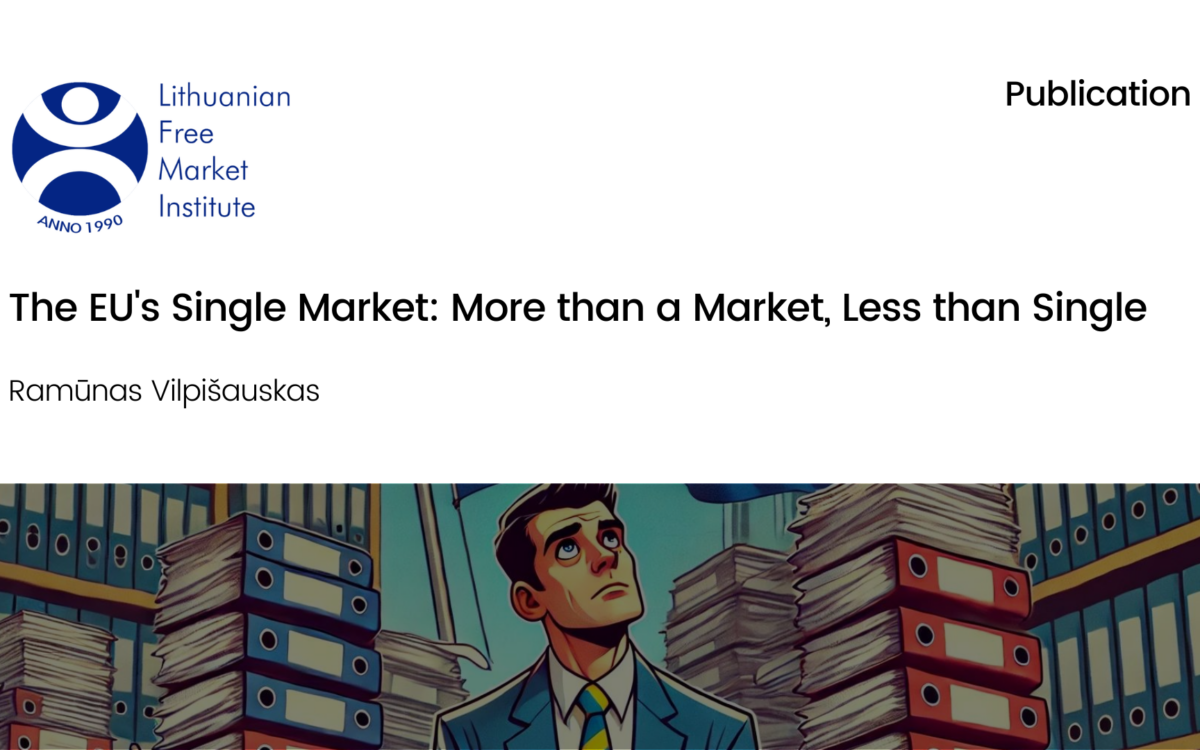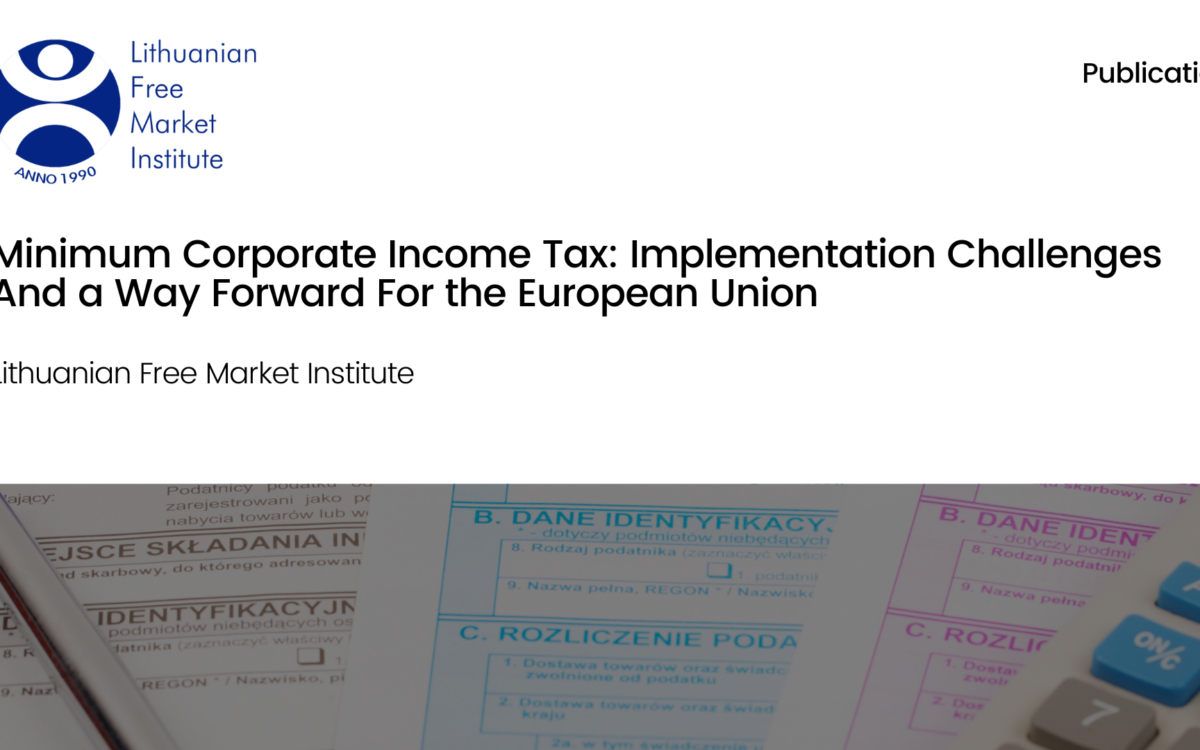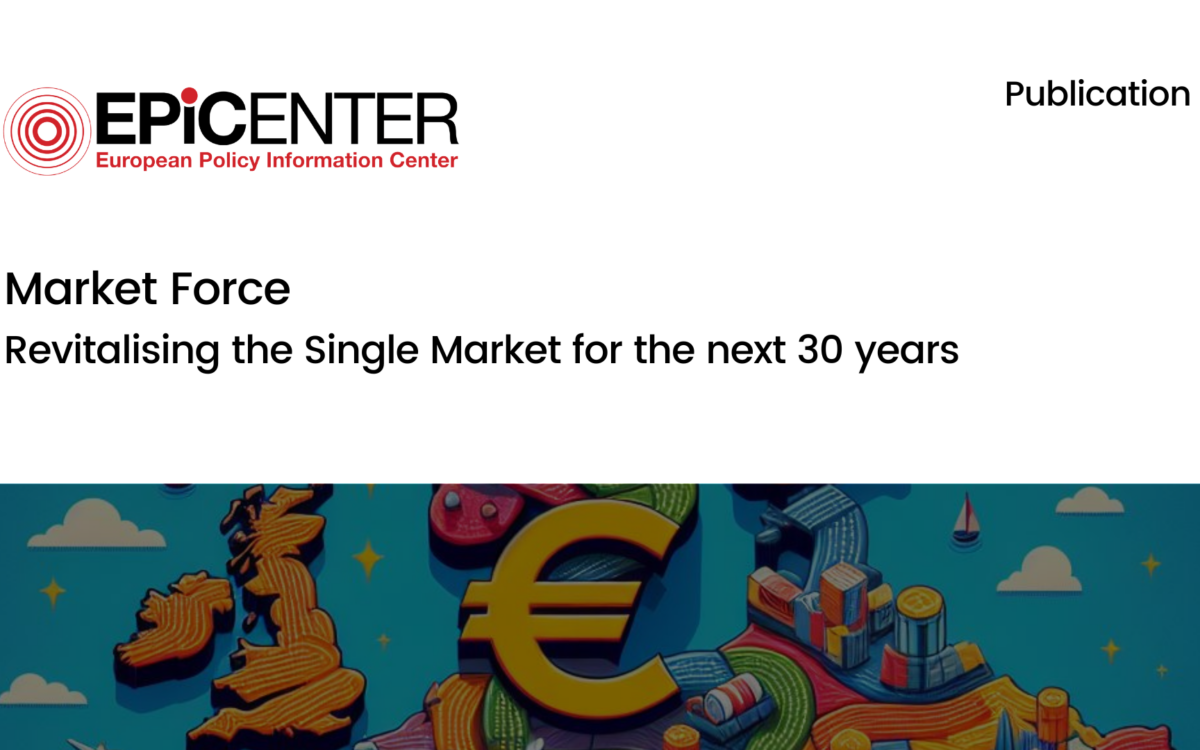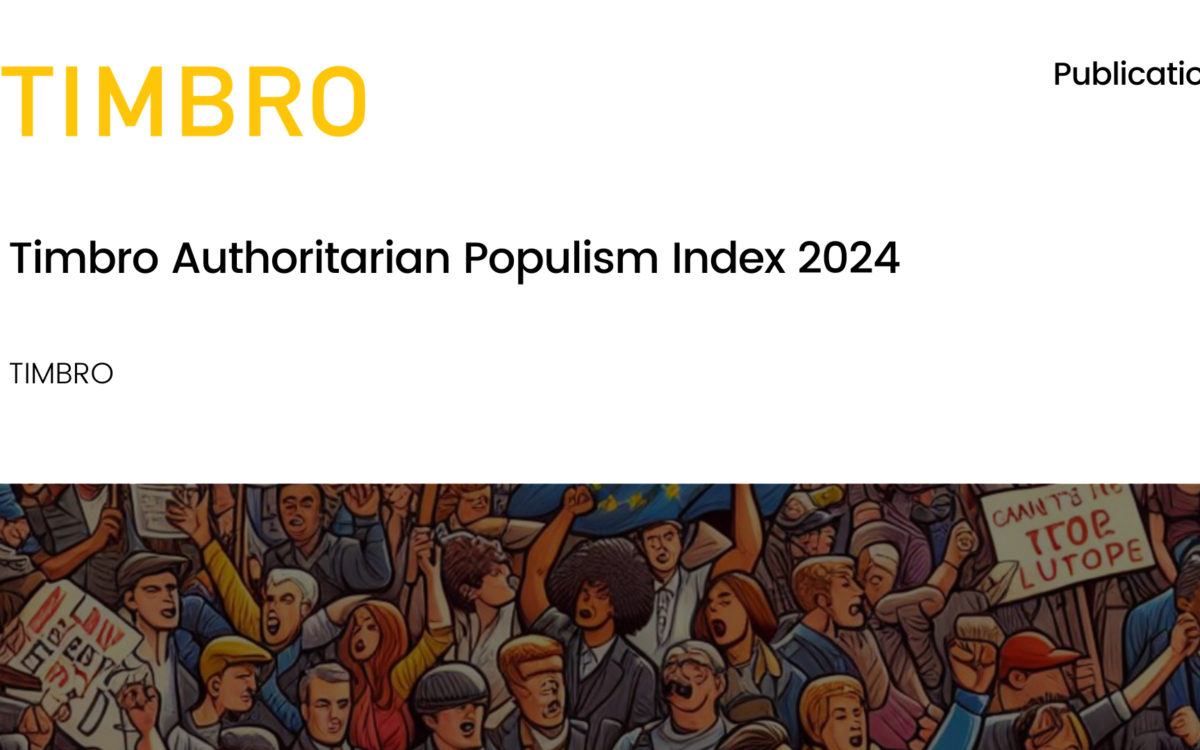Shadow Economy: Understanding Drivers, Reducing Incentives
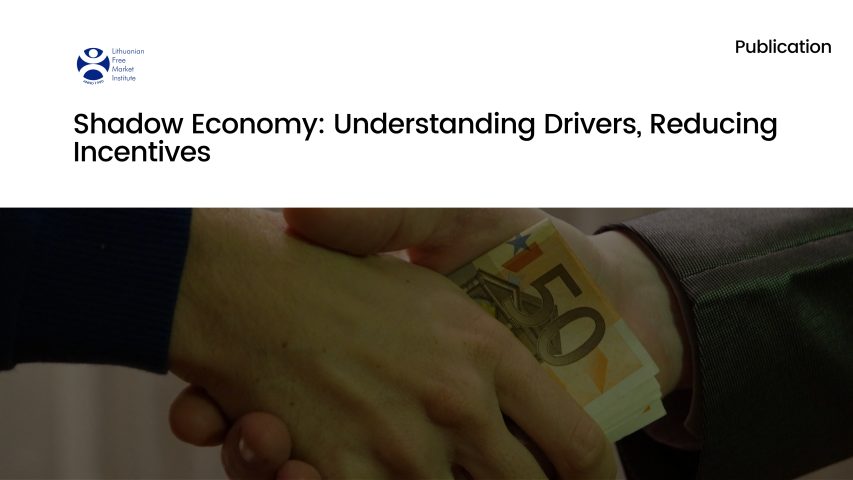
Shadow Economy: Understanding Drivers, Reducing Incentives
19 November 2018
The aim of this publication is to present and analyse the results of representative population surveys into public perceptions of the shadow economy and engagement in illicit activities that were conducted in six countries – Lithuania, Latvia, Estonia, Poland, Sweden and the Czech Republic – between March and April, 2018.
The shadow economy can generally be defined as economic activities (labour, goods produced, and services rendered) that are conducted in non-compliance with applicable laws, for the purpose of avoiding taxes or/and regulations. In order to effectively counteract the shadow economy, it should not just be viewed as a source of criminal offences. It is important to recognize that the shadow economy is primarily concerned with value creation. This suggests that the fight against the shadow economy is at its most effective not when illegitimate activities are completely eradicated, but when they are transformed from the unofficial to official domain. In order for this to occur, one should consider the legal environment in which economic activities are carried out.
The shadow economy evolves when restrictions are placed on economic activities: without restriction, there can be no shadow economy. All other conditions being constant, the more burdensome taxes and regulations get, the more incentives they create to participate in the shadow economy. Restrictions on legitimate economic activities are therefore defined as causes of the shadow economy.
Download or share this publication
View the PDF
EPICENTER publications and contributions from our member think tanks are designed to promote the discussion of economic issues and the role of markets in solving economic and social problems. As with all EPICENTER publications, the views expressed here are those of the author and not EPICENTER or its member think tanks (which have no corporate view).
